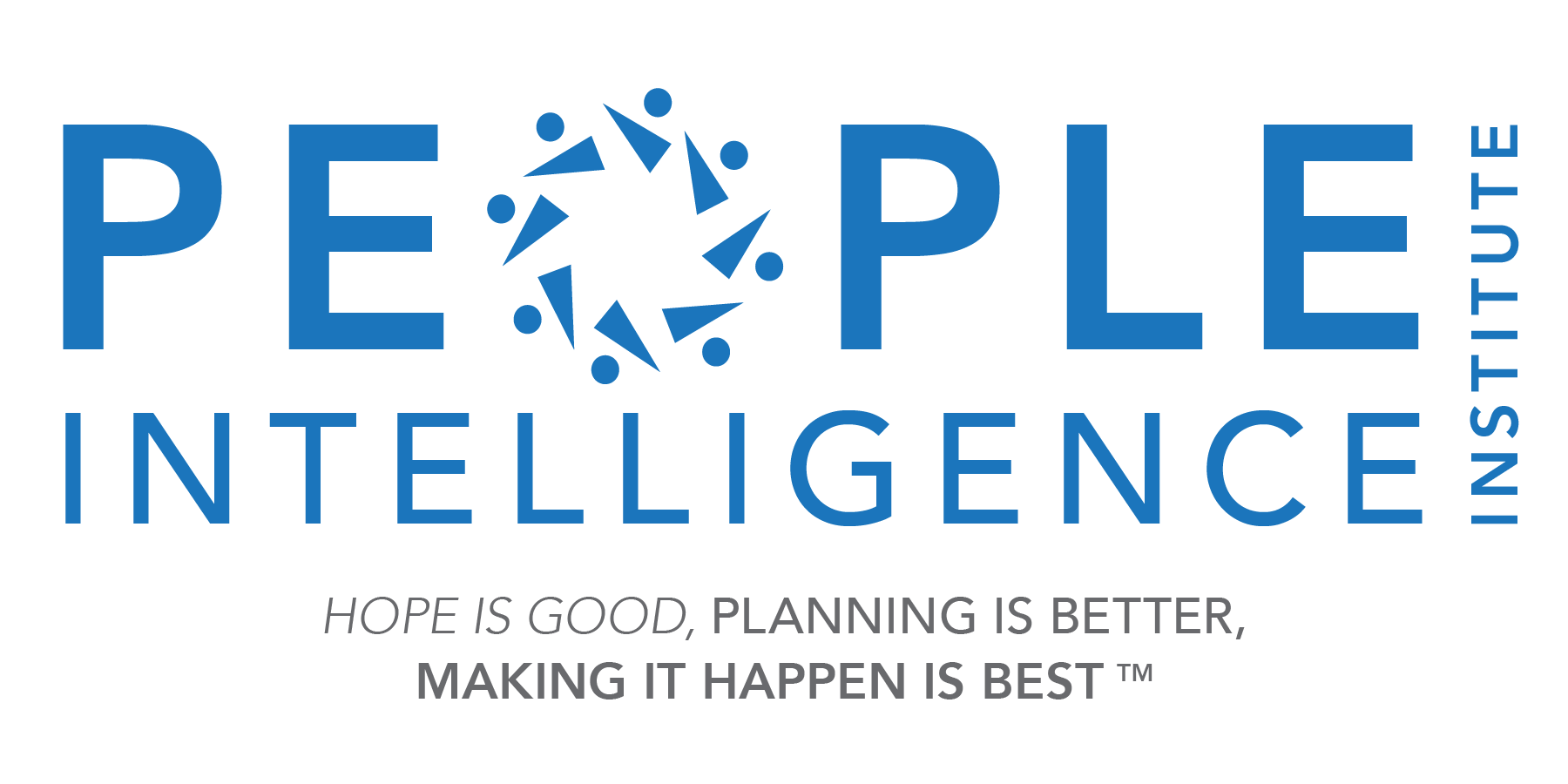"This course has helped train my eye and my mind to see more emotions in others, and as a result, have more successful interactions with others when they are emotional. I am more likely to notice things earlier, before escalation, when the potential to make better choices is stronger."
Read More
Once upon a time in West Africa, people shared information through drums. News travelled from village to village across the savannah as a single, unique and recognizable rhythm. Though the drum is still used today as a tool for communication in West Africa, times have certainly changed. Today talking drums have gone viral and the human race now has myriad ways to access, process and share information. There is no doubt: technology has arrived and technology is changing our world.
Today, the avenues for receiving and sharing information have expanded exponentially, changing the way we live, work, play, interact with each other and interact with our world. Within the last decade, the arrival of technology has significantly disrupted the way businesses are run: the internet has become a resource for creating conversation, shaping opinions and instigating change. Technology has placed the proverbial talking drum in the hands of the masses and is playing a fundamental role in shifting the dynamics of power across sectors and regions of the world.
The "command and control" style of leadership, whose roots run deeper into history than the rule of Julius Caesar is being challenged every day. This shift in power dynamics means savvy leaders seeking to drive sustainable change and create significant impact in their sectors must shift their mindset.
The concept of sustainable leadership, as defined by Dr. John Bowling, "behaviors, practices, choices and decisions that focus on a long term view rather than a short term view" (personal interview, Oct. 10, 2012) is one that demands a shift from traditional leadership styles and thinking. The seven mindsets of sustainable leadership, a concept developed by Steve Schein and John Bowling, is a tool leaders may use to organize themselves around the key perspectives, actions, and behaviors necessary to lead with a long term view in todays' rapidly changing and increasingly connected world. The seven mindsets are accountability, adaptability, collaborative communication, creativity, renewal, strategic alignment, and transparency. These concepts ebb and flow about each other, meld and inform each other, but also offer unique perspectives that can inform and educate the leaders of today who are interested in seeing success tomorrow.
Among the most transformative and game-changing mindsets facilitated by the advent of technology is transparency. Transparency inspires trust and trust is an essential ingredient to success. In business, consumers must trust that the product or service being offered is valued. In development, funders need to trust that the money they invest will achieve the desired effect. As individuals, we place trust in our leaders to make the right decisions and not lead us into harm. Steve Schein explains this concept by saying "we find that the more open and honest we are with those around us, the more powerful our words and actions become, especially in times of stress" (personal interview, October 8, 2012).
A leader who is transparent about his or her motivations and vision for the future will be better able to harness the trust and engagement of his or her followers. But being open and clear about the positive elements of a leaders' vision is not enough. In order to gain trust, leaders must also be open about their weaker sides. Being a leader inherently means making choices and not every single choice a leader makes is going to be the right one. Leaders who are willing to address mistakes candidly are not only more apt to gain the trust of their followers, they are more likely to harness learning from those experiences. If leaders can be authentic and open about their whole self, including vulnerabilities and weaknesses, people will be able to identify better with them, and make informed decisions about whether or not to follow.
The time of listening for the beat of a drum to learn the news of our distant peers is long gone, but our need for connection and communication is still great. Through openness and transparency, leaders have the opportunity to generate trust and increase value. Balancing the evolution of technology, while embracing transparency along with the other mindsets of sustainable leadership will help leaders develop long term powerful impacts that get to the root of some of the world's most pressing challenges and opportunities.
—Shey Yearsley, reprinted with permission.
Image courtesy of nuchylee/ FreeDigitalPhotos.net


